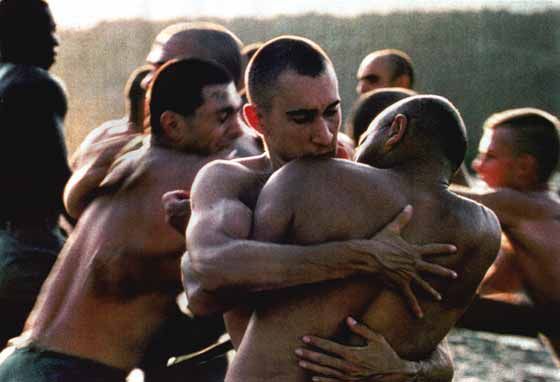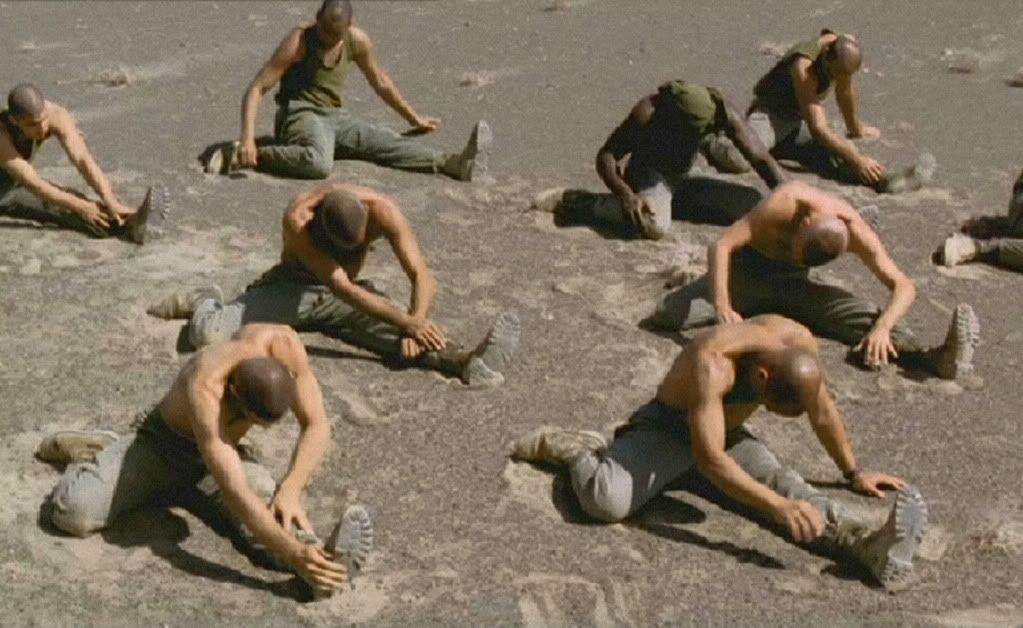You need to sign in or sign up before continuing.
Take a photo of a barcode or cover
j_ata 's review for:
Billy Budd, Sailor
by Herman Melville
I had hoped that during the time that has lapsed between having had to read this and [b:Moby-Dick or, The Whale|153747|Moby-Dick or, The Whale|Herman Melville|http://photo.goodreads.com/books/1284311527s/153747.jpg|2409320] as an undergraduate and now I would have warmed up a bit more to Melville, who along with Dickens holds the dubious distinction as being my least favorite "canonical" authors.
No dice. I found this just as difficult to read and even more difficult to sustain any kind of interest in, and was most grateful for the relative brevity of Billy Budd, especially as Melville's writing style can charitably be described as impenetrable, if not at times actually unreadable.
The thing is, I really, really WANT to like Melville. I love reading interpretations of Melville's writing, as they are of the type that fracture and fragment under postmodern analysis, bursting with utterly fascinating queer resonances. Certainly the all-but-slavering characterization of the titular character throughout the novella is one of the glories of homoerotic 19th century literature:
"He was young; and despite his all but fully developed frame, in aspect looked even younger than he really was, owing to a lingering adolescent expression in the as yet smooth face all but feminine in purity of natural complexion but where, thanks to his seagoing, the lily was quite suppressed and the rose had some ado visibly to flush through the tan."
Of course, Billy's corporeal beauty is rather problematically utilized by Melville as a symbol for purity, innocence, and moral as much as physical beauty, something that ultimately creates a rather blank and even unsympathetic cipher of a character. Not that, Claggart, his shadowy nemesis, is accorded any particularly interiority either that would help rationalize the hatred he develops that will eventually destroy Billy…
But Melville's silence in regards to the character of Claggart is also one of the most evocative qualities of the novella, creating an opening that has often been interpreted as sexual in nature: that Claggart is motivated by an attraction that is almost inevitably one-sided, that his fateful claim against Billy is rooted in a self-hatred caused by this attraction, etc.
One way or the other, what interests me about Billy Budd is that Melville's elusively was appropriated by director Claire Denis for her lyrical and (very) loose adaptation Beau Travail (France, 1999). In Denis's capable hands the bare bones of Melville's story is transformed into a beautiful meditation on postcolonialism, homoeroticism, the human (specifically male) body, marginality, movement, race relations, etc, etc, etc that in its own way is just as elusive and endlessly evocative as Melville's text. Only rendered, if you excuse my (very) biased opinion, with a masterfulness and density that Melville's text barely hints at.



No dice. I found this just as difficult to read and even more difficult to sustain any kind of interest in, and was most grateful for the relative brevity of Billy Budd, especially as Melville's writing style can charitably be described as impenetrable, if not at times actually unreadable.
The thing is, I really, really WANT to like Melville. I love reading interpretations of Melville's writing, as they are of the type that fracture and fragment under postmodern analysis, bursting with utterly fascinating queer resonances. Certainly the all-but-slavering characterization of the titular character throughout the novella is one of the glories of homoerotic 19th century literature:
"He was young; and despite his all but fully developed frame, in aspect looked even younger than he really was, owing to a lingering adolescent expression in the as yet smooth face all but feminine in purity of natural complexion but where, thanks to his seagoing, the lily was quite suppressed and the rose had some ado visibly to flush through the tan."
Of course, Billy's corporeal beauty is rather problematically utilized by Melville as a symbol for purity, innocence, and moral as much as physical beauty, something that ultimately creates a rather blank and even unsympathetic cipher of a character. Not that, Claggart, his shadowy nemesis, is accorded any particularly interiority either that would help rationalize the hatred he develops that will eventually destroy Billy…
But Melville's silence in regards to the character of Claggart is also one of the most evocative qualities of the novella, creating an opening that has often been interpreted as sexual in nature: that Claggart is motivated by an attraction that is almost inevitably one-sided, that his fateful claim against Billy is rooted in a self-hatred caused by this attraction, etc.
One way or the other, what interests me about Billy Budd is that Melville's elusively was appropriated by director Claire Denis for her lyrical and (very) loose adaptation Beau Travail (France, 1999). In Denis's capable hands the bare bones of Melville's story is transformed into a beautiful meditation on postcolonialism, homoeroticism, the human (specifically male) body, marginality, movement, race relations, etc, etc, etc that in its own way is just as elusive and endlessly evocative as Melville's text. Only rendered, if you excuse my (very) biased opinion, with a masterfulness and density that Melville's text barely hints at.


